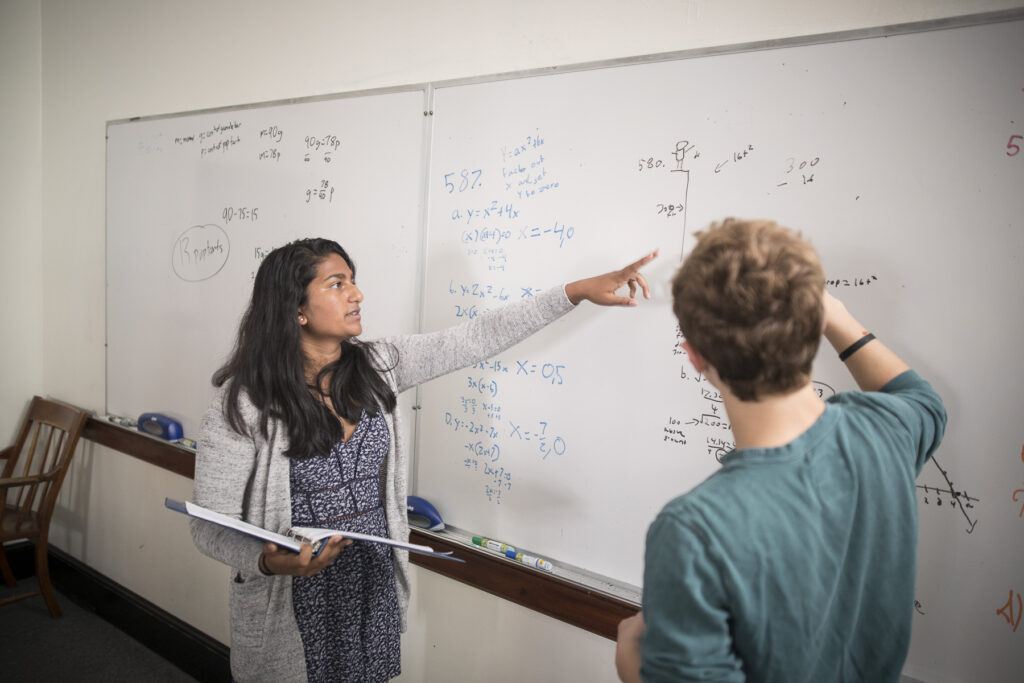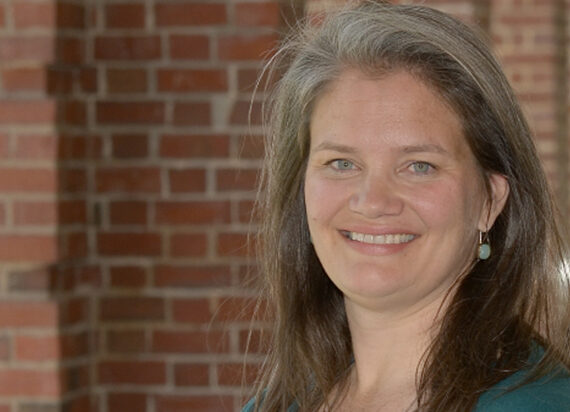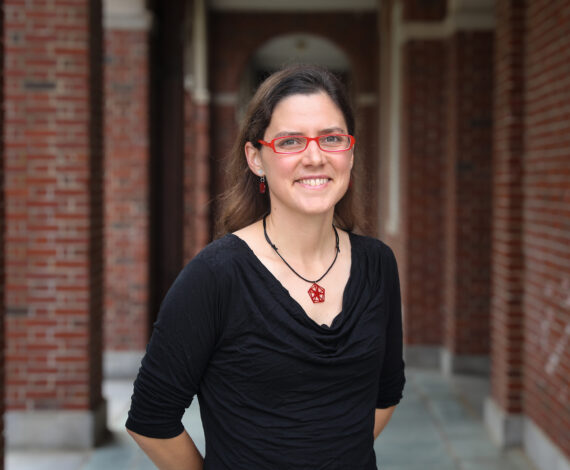Imagine yourself at the board presenting solutions to problems and sharing your results as your classmates ask pertinent questions. Together the class learns to read, write, explore and communicate mathematics with confidence.
At Exeter, math classes are student-centered. Teachers don’t lecture and don’t feed students information. You will discover ideas on your own by working with one another through unique, interweaving problem sets developed by Exeter teachers.
The Harkness table has proved to be the ideal arena for this approach. Students dig into the material before class, then sort through their work together at the table, bouncing ideas off one another and often winding up in a very different place from where they began.
The way we introduce and scaffold our unique curriculum creates a gateway for developing fundamental problem-solving skills. Our technique moves students toward deeper thinking and stronger understanding that can lead to lifelong enjoyment of mathematical challenges.
You’re allowed to enter the mathematical thinking in any way that makes the most sense to you as a student. There’s not a particular right way to achieve a correct answer. … We can really meet students where they are mathematically instead of pushing students to fit into some pre-determined structure.
Panama Geer, chair of the Department of Mathematics
Academy Building
You’ll discuss mathematics around a Harkness table, using advanced technology and plenty of board space for presenting problems.
Theme-Based Curriculum
Our problem sets focus on recurring strands, each of which grows in sophistication as your skills and knowledge increase and broaden.
Math That Sticks
We use problem sets, not textbooks. See the 3,700+ problems in our core curriculum, updated each year by Exeter math faculty.
Featured Courses
MAT410
Introduction to Calculus
Amid a rich interplay of pre-calculus concepts, the study of calculus officially begins.
MAT700
Foundations of Abstract Mathematics
This course constitutes a bridge between calculus and theoretical, proof-based courses such as real analysis, abstract algebra and set theory.
MAT40L
Introduction to Symbolic Logic
The study of logic is at the crossroads of mathematics and philosophy, in which we identify principles underlying the ability to reason. Furthermore, logic aids us in determining the ideal ways in which reasoning should occur. Symbolic logic is the branch of logic that helps us reason through the use of a formal language consisting of abstract symbols.
Alex in the Desert
We use problem sets, not textbooks. See just one the 3,700+ problems in our core curriculum, updated each year by Exeter math faculty



